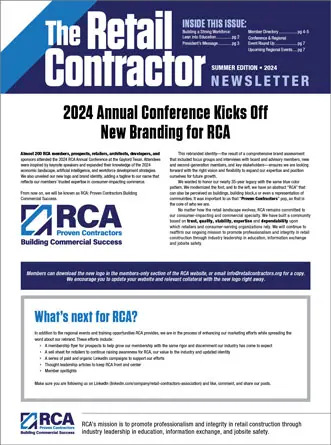Owning a pool means you know what it takes to keep it running. A pool owner has many responsibilities, from maintaining the proper water chemistry to cleaning it.
Your pool will be clean and enjoyable with a proper maintenance schedule and professional help. When you keep your pool’s maintenance in check, you can miss out on a few essential aspects, like backwashing. Although a professional will always know where to focus, you must learn every pool cleaning and maintenance aspect.
Regardless of being a pool owner, if you don’t know about backwashing, here is everything about it: determining if your pool needs it and why it is crucial.
What is backwashing?
As a pool owner, your first and foremost priority must be keeping your pool clean, a lot of which is done by the pool filter. But your pool filter also needs cleaning occasionally, which is where backwashing comes into the picture. It is a pool filter cleaning method where the flow of water through the pool filter is reversed.
With time, dirt and debris accumulate in the pool filter, reducing its efficiency with increased pressure and leading to damage. The process of backwashing flushes out debris and contaminants through the valve’s waste line or a hose connected to the pool pump. It lowers pressure leaks and improves flow in the system.
Why is backwashing important?
An unclean pool has many disadvantages, from being unhealthy to being undesirable. In addition, proper filtration is also crucial. As your pool valves need to meet the standard of cleanliness, backwashing is the ultimate cleaning method that will maintain adequate filtration.
With the excellent efficiency of pool filters, many water-borne diseases caused by bacteria and other microorganisms are preventable. Backwashing is also a simple process that doesn’t take much time, especially when a professional does it.
Signs your pool filter needs to be backwashed
Having a pool maintenance schedule is great, but sometimes your pool filter might need cleaning earlier than expected. Backwashing can be done anytime to improve the efficiency of your pool filter. If you are unsure when to backwash your pool filter, here are three signs that will alert you.
Water pressure
When there is a sudden change in PSI (pounds per square inch) pressure reading, that means there is pressure build-up within the pipes. This pressure can damage the pool filter leading to a costly replacement or repair. If there is an increase in PSI (pounds per square inch) pressure reading, there is a blockage due to contaminants and debris, and your pool filter needs immediate backwashing.
Reduced water flow
Debris and contaminants can block the filter media, reducing the water flow into the pool. It is one of the most common signs of your filter being strained and clogged.
Cloudy water
Another obvious sign that your filter needs backwashing is your pool’s dirty and cloudy water. If your pool’s water is dirty, it means the filter is not doing its job and cannot catch dirt and debris making its way to your pool. Backwashing can improve the efficiency of your filter and remove contaminants and debris from it.
If you see any of these three signs, your pool filter needs immediate backwashing. These signs are obvious and will be very apparent.
Conclusion
Backwashing is an effective and easy filter cleaning method that is best left to professionals, who can perform it more efficiently and effectively. It will provide you with a clean and properly working pool filter that will work efficiently in keeping your pool clean and tidy. So, if your filter shows signs of inefficiency, consider getting your filter backwashed by an expert.






 The 2024 virtual Men’s Round Table will be held Q4, 2024, date TBD.
The 2024 virtual Men’s Round Table will be held Q4, 2024, date TBD.












